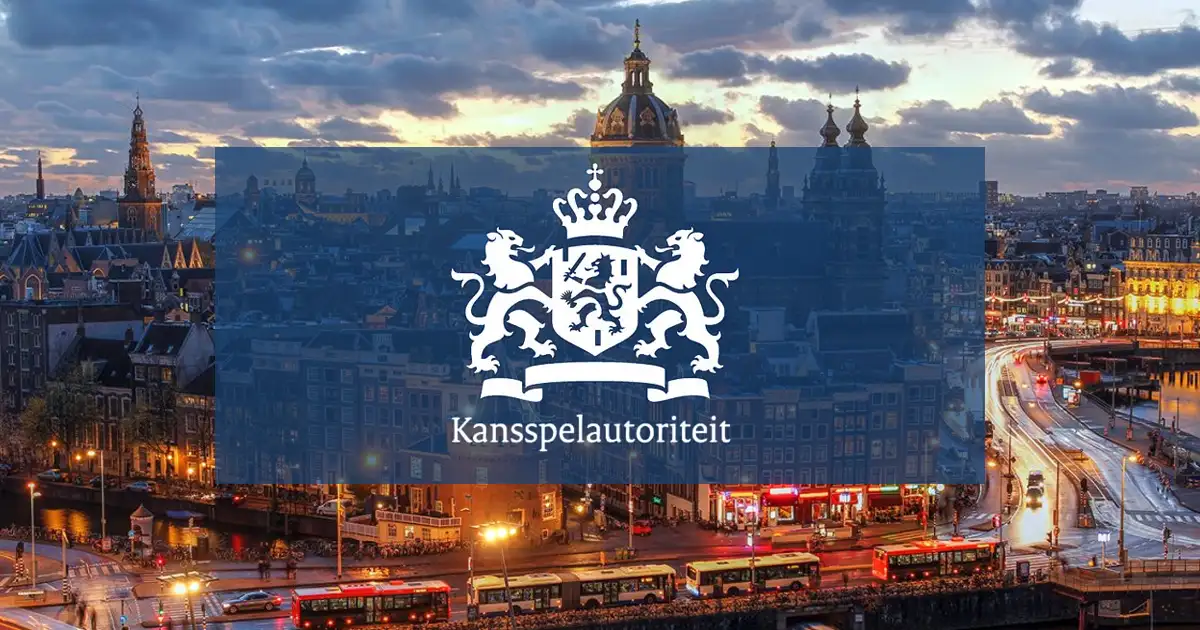Kansspelautoriteit : Record fines, zero recovery?
Since the law on remote gambling came into force in 2021, the Kansspelautoriteit (Ksa), the Dutch gaming regulator, has so far imposed more than €56 million in fines on illegal operators. The Ksa was determined to hit back hard. However, a recent report shows that only 2.5% of these fines have been collected.
An insurmountable wall: the Ksa has run out of levers
During a Woo request (request for access to public information), the CasinoZorgplicht.nl website highlighted the Ksa’s almost total inability to collect its fines. And with good reason: the majority of those fined are located beyond direct legal reach. As a result, legal proceedings do not result in a single euro being paid out.
Powerless in the international arena
Dutch legislation only applies to entities present on its territory or with assets that can be seized there. As soon as an operator establishes its infrastructures and accounts elsewhere (often in territories with more lax regulations), the Ksa is stuck: it has no legal leverage over these companies. Cases progress painfully internationally, but rarely towards payment.
These figures reveal a major flaw: the fine ceases to be a coercive tool as soon as it remains a dead letter. If 97.5% of the amounts remain unpaid, this reduces the deterrent effect on unscrupulous operators. This situation undermines the very credibility of market regulation, and leaves victims with no recourse.
Aware of its limitations, the Ksa has stepped up its calls for cooperation: exchanges with the Curaçao authorities, European interventions, and raising awareness among banks and accommodation providers. Despite all this, the financial return is not guaranteed. Even issuing injunctions to a whole network of affiliates and service providers is no guarantee that they will pay a cent.
Unfair economical competition
Authorised operators in the Netherlands comply with their tax obligations, their ethical duties and their contributions to public funding. On the other hand, unauthorised sites have no qualms about circumventing the rules. This unfair competition harms the regulated sector and weakens the local economy.
As well as the financial stakes, the safety of players is at risk: illegal platforms lack preventive measures against addiction, age verification or fair gaming. The Ksa is concerned about this, but without any concrete effect if the legal vagueness persists and fines remain hypothetical.
Towards new, more effective tools?
The road to better application of sanctions lies in internationalising the system with European agreements and cross-border prosecutions. The Ksa has opened up these avenues, but work is still in progress to put them into practice. Some people are proposing alternatives: targeted sanctions on service providers (banks, payment providers), taxes on the financial flow around illegal gambling, or even closer collaboration with the web giants.
To date, the Ksa’s fines total an impressive €56 million, of which only ~€1.4 million has been collected. Despite an already robust legal arsenal on paper, the authority is faced with a painful reality: an inability to translate these decisions into concrete impact. With unsuccessful recovery procedures and refugee operators out of reach, regulation is coming up against its own limits.
In Belgium too, fines go unheeded
In Belgium, the Gaming Commission (GC) imposes penalties on illegal operators every year, but struggles to recover them effectively. According to reports published in July 2024, only ~11% of the amounts imposed are collected. For example, in 2023, the GC opened 137 cases, imposed fines in 56 cases totalling €1,121,250, but recovered only €236,725.
This inefficiency is largely due to the location of the sites fined. The majority of fines are directed against operators established outside the European Union. When a foreign operator refuses to cooperate, the GC requires the site to be blocked in Belgium and may forward a file to the FPS Finance, but the stakes remain limited if nothing can be seized in Belgium.
Over and above the amounts not collected, these figures reveal a major regulatory flaw: the ineffectiveness of recovery considerably weakens the deterrent effect of penalties. If around 90% of fines go unpaid, illegal operators can continue their activities without any tangible financial consequences. The GC therefore remains confined to a symbolic role rather than effective coercive action.


